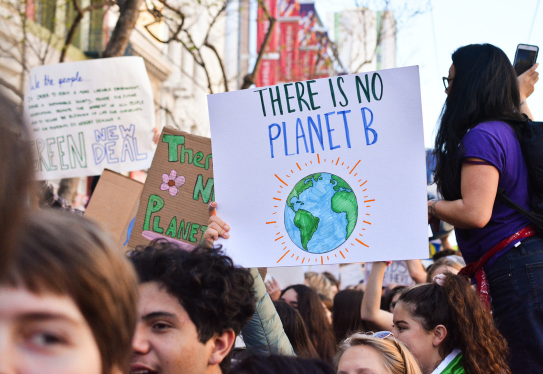
In the Twin Cities, an organization known as Youth Environmental Activists (YEA!) meets every Wednesday to discuss the effects of climate change on Minnesota’s youth. YEA! is a sub branch of Climate Generation, an organization that strives to provide education on climate change in Minnesota. For the past few years, members and student leaders of the head organization, Climate Generation, have been lobbying to pass a bill they created, focusing on requiring climate justice education in Minnesota public schools.
The goal with their bill isn’t just education on climate change, but specifically teaching students about how climate change affects lower class and minority individuals at a higher rate. The University of California Center for Climate Justice defines climate justice as the recognition of the disproportionate impacts of climate change on low-income communities and people of color. “We’ve been seeing that a lot of more BIPOC, low-income communities are often being hit by the climate crisis more, not because climate change is hitting them the most, or not because they’re getting hit with all these natural disasters, more, but because there’s a lot of facilities and buildings getting built around them without their consent, and what ends up happening is that they get exposed to more air pollution, water pollution [and] land pollution,” said B. Rosas, Climate Generation policy maker.
Within public schools, climate justice education is a limited topic. Currently, there is no legislation requiring Minnesota public schools to implement climate change education within their curriculums. If the bill were to be passed, it would be implemented into schools by giving teachers a portal with resources and information regarding climate justice and how teachers could include it within their curriculums. “We are teetering over the edge of climate catastrophe and with an incoming administration who’s prioritizing profit over the environment, it’s crucial for youth to gain the skills to not only help solve the issues we face, but to be critical of the power structures in place and question the decisions being made on behalf of our future by majority old people,” said senior Jonin Morgan.
By starting education on climate justice at an early age and continuing that education, students could benefit from being more aware of their environment and community. “Our main goal is to just help prepare students and educators and have that intergenerational approach to giving them the tools, resources and overall professional development to teach and learn and advocate for climate change education,” said Rosas.
Climate Generation’s goal goes beyond the bill, encouraging young activists across Minnesota to get involved with environmental justice and giving them a platform to make their voices heard. “Our main goal is to just help prepare students and educators and have that intergenerational approach to giving them the tools, resources and overall professional development to teach and learn and advocate for climate change education. We do that through workshops. We do that through our resource library. We do it through programming like [YEA!],” said Rosas.
One of the big ways Climate Generation likes to get students involved with environmental policies is through the Youth Climate Justice Summit. This year, the summit is planned for Feb. 13 at the Minnesota State Capitol. “So this happens every year, and it’s led by students. For students, the only adults that are there are staff and volunteers. So it’s 100% for youth,” said Rosas. The summit is a way for students to learn more about climate change and climate justice from peers, through workshops and conferences. “When the summit happens, it’s really nice to see all their hard work finally coming to fruition. So like, right now, we’re planning, envisioning, and I’m already kind of starting to see it, and it’s really exciting, and I’m excited to see the final product of it. So I would say that is really seeing what comes of the work that we’re doing,” said Rosas.
Climate Generation strives to connect students across the Twin Cities area, from multiple different schools. At Mounds View High School, a few students are members of the organization and serve as student leaders, including Morgan, who joined YEA! last year. “I heard about it through a friend and I joined because of the warm community. A phrase that’s often thrown around is ‘radical hospitality’ and I truly feel it each meeting. I’ve also had great opportunities to connect with local grassroots organizations to collaborate and learn more about climate change which I’ve loved doing,” said Morgan. He plans to lead a workshop at the Youth Climate Justice Summit about community organizing and is excited to speak to youth across Minnesota. In the past, Mounds View clubs such as Students for Climate Awareness and Mounds View’s H2O For Life have participated in the Youth Climate Justice Summit.
Although YEA! students and leaders’ main goal has been working towards the passing of their bill, it also focuses on creating an inclusive environment for all students to talk and learn about environmental issues. The first half of each meeting is designated for the student leaders and the second half designated as time for learning or “networking,” for any other students. “I would say the highlight definitely has been working with the high school students. You know, every year we get a new group of them, and we get new leaders […] it’s really fun to get to see the different things that they care about with environmental justice,” said Rosas. “But even outside of that, just hearing about the different issues that they care about. And I think being able to work with them and being able to see them learn more, and being able to see their skills grow has been really cool.”


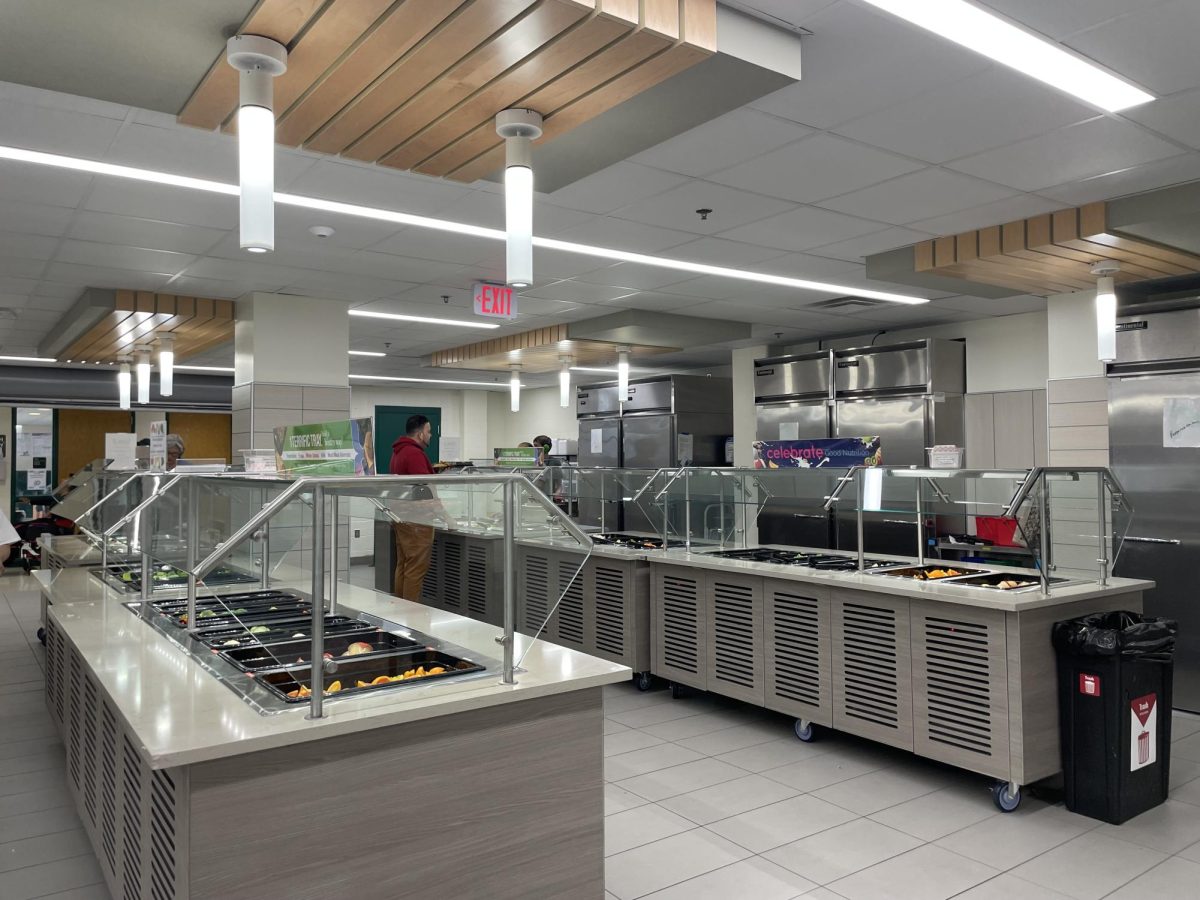


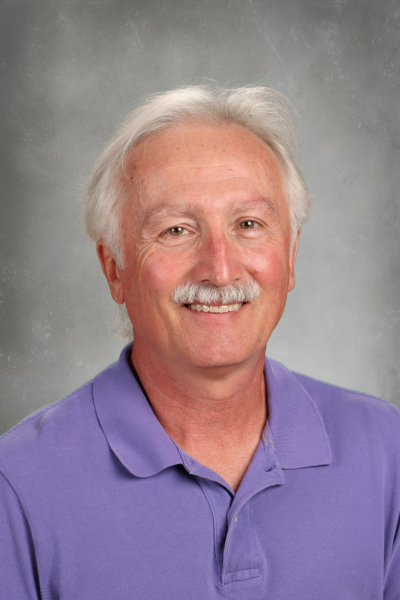





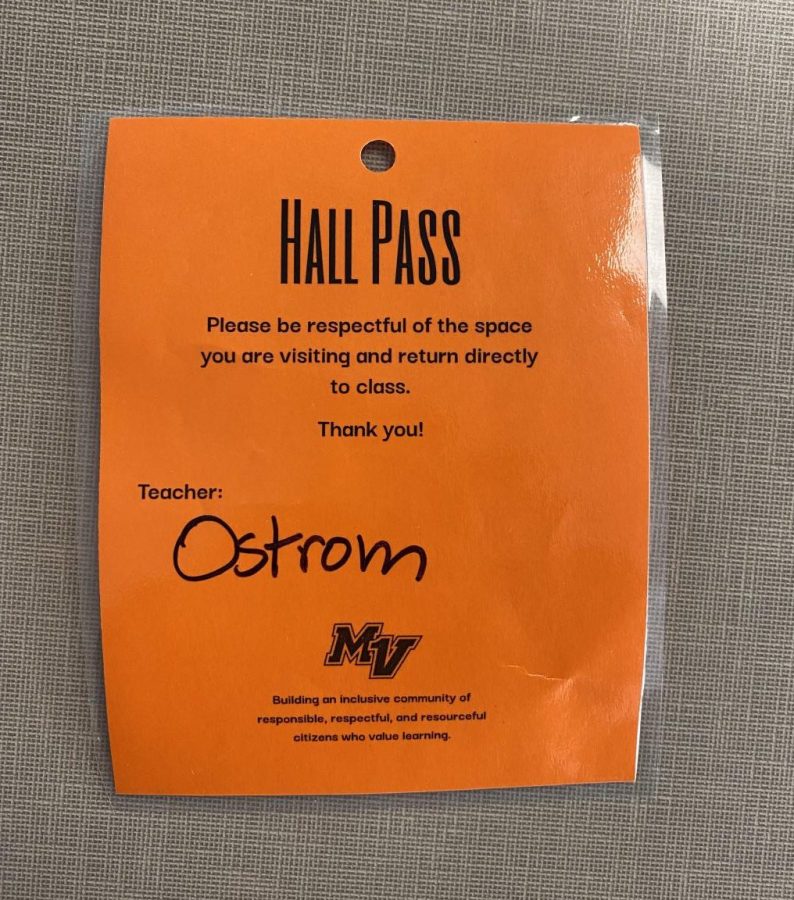


![[DEBATES] Prestigious colleges: value or hype?](https://www.mvviewer.org/wp-content/uploads/2024/12/buildings-1200x654.png)

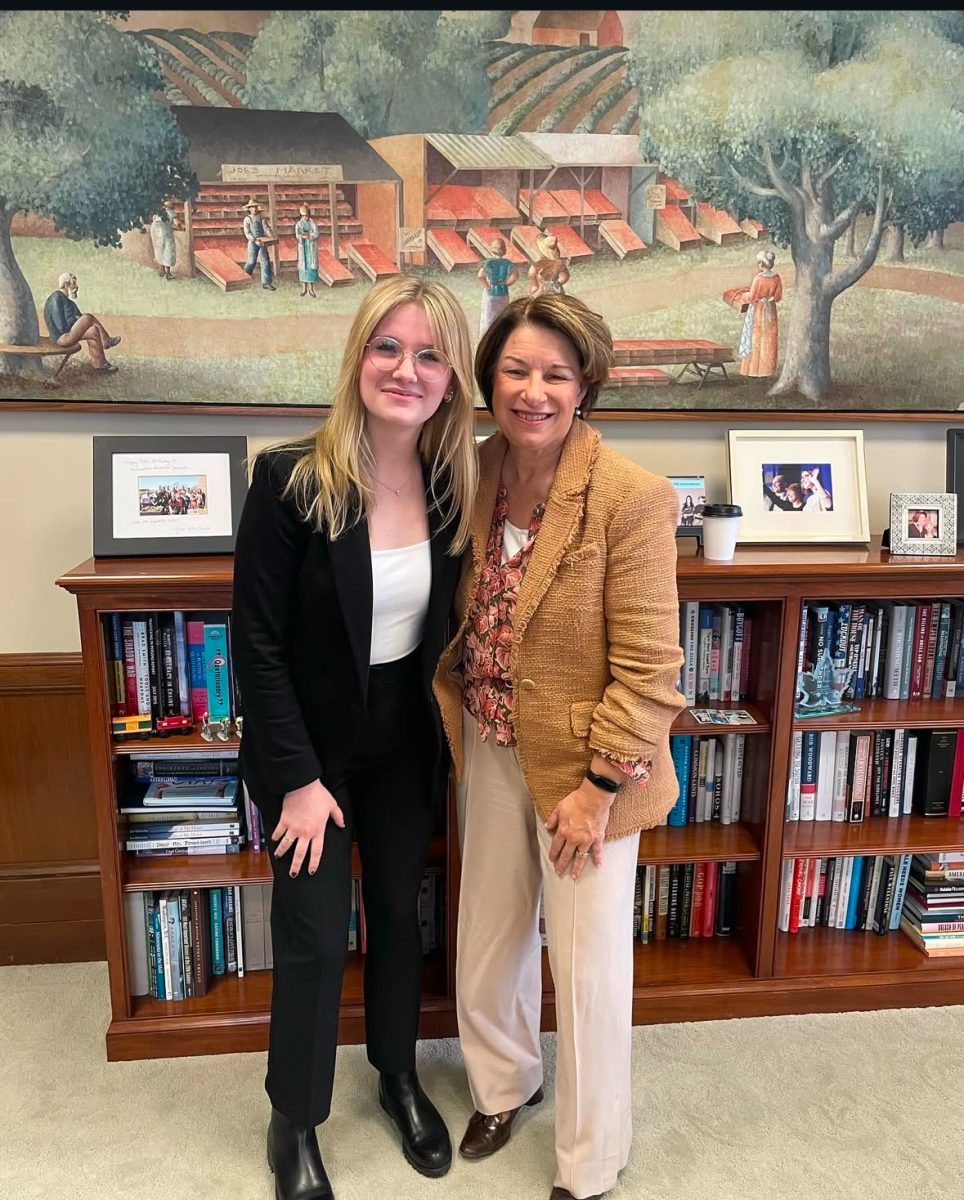
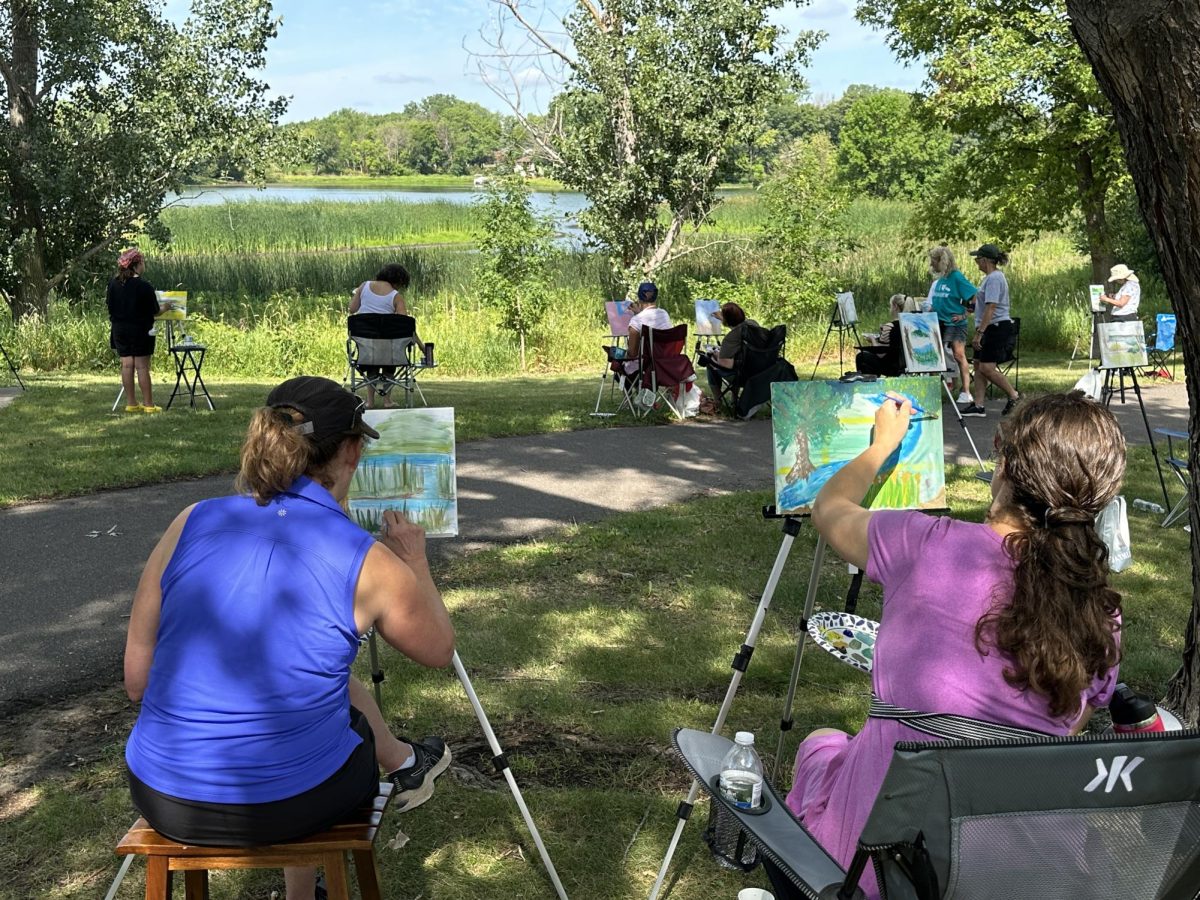
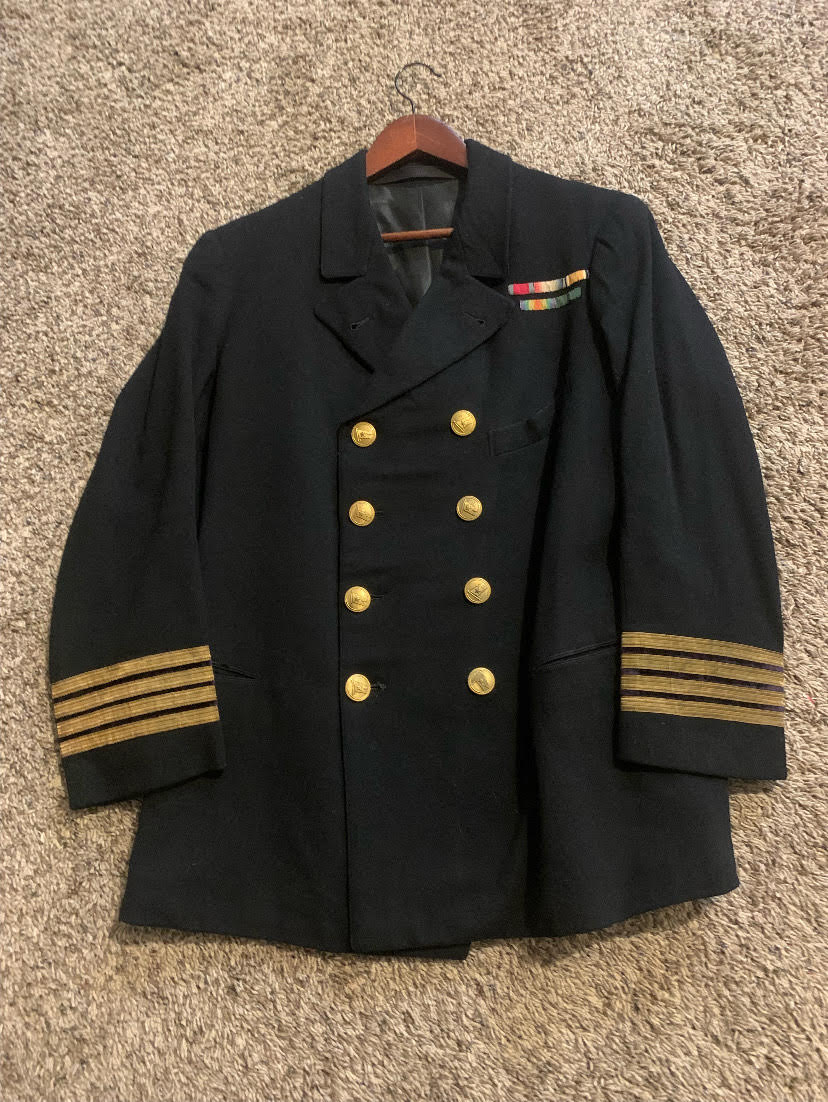
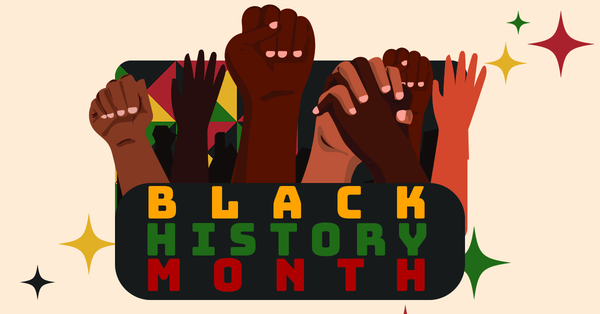
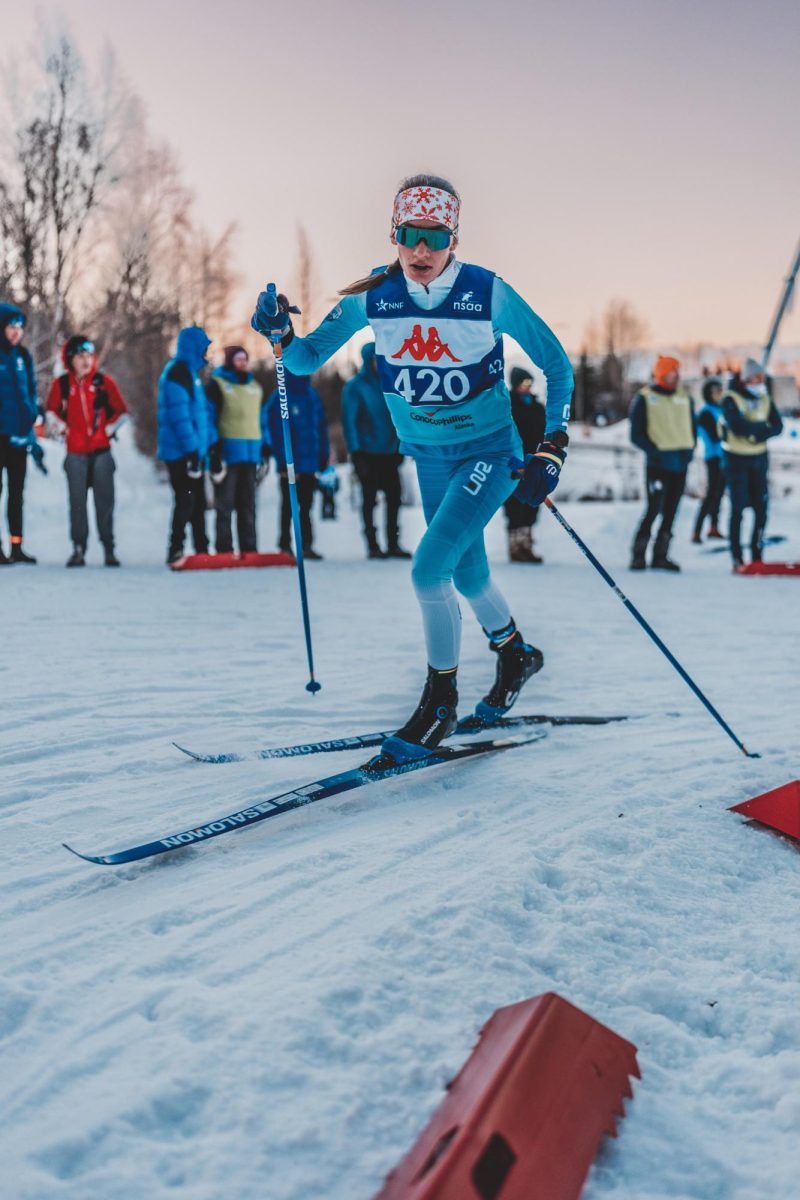


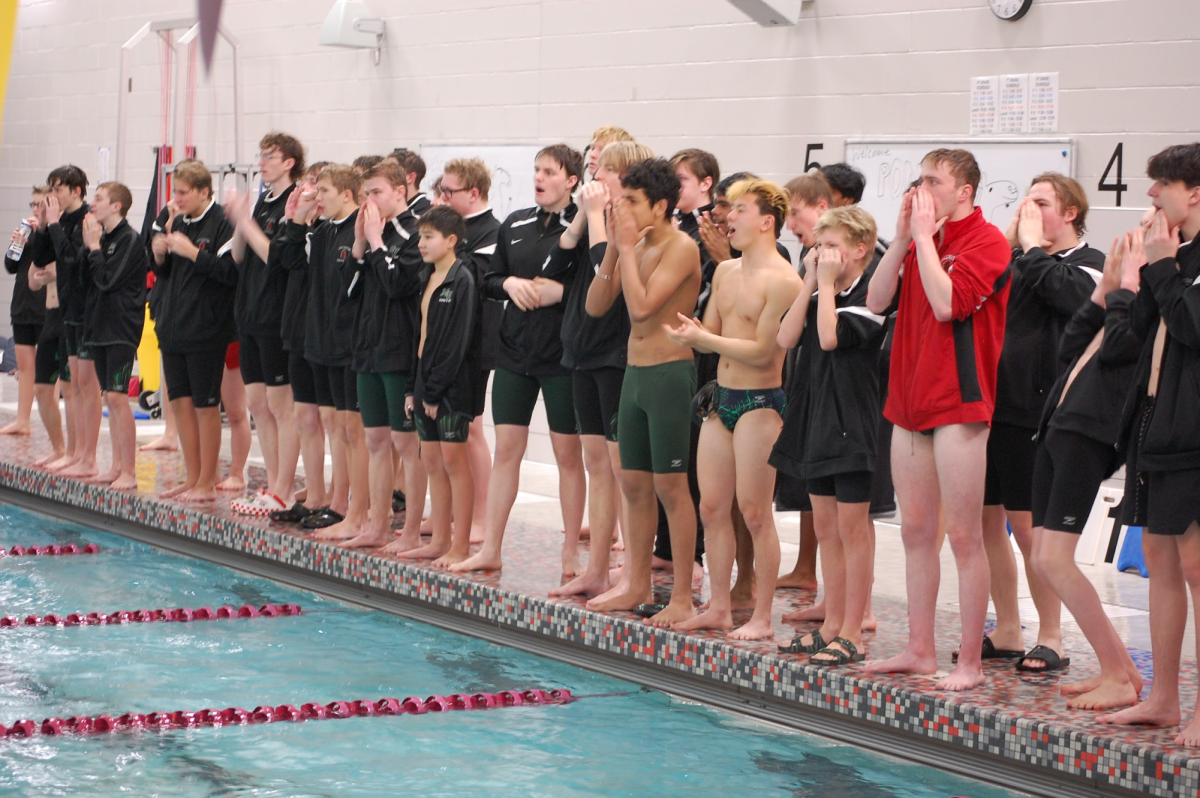























![[OPINION] The dark origins of TikTok's looksmaxxing trend](https://www.mvviewer.org/wp-content/uploads/2024/02/Copy-of-Copy-of-Untitled-Design-1200x675.png)









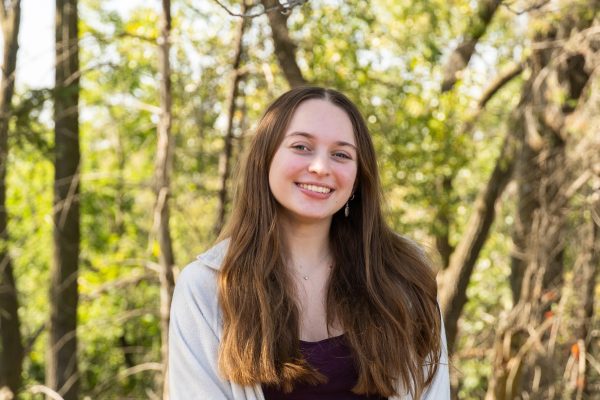
Heidi schleicher • Mar 1, 2025 at 12:12 pm
Bravo to the youth who spend their time on projects that increase their knowledge and help improve the world!!